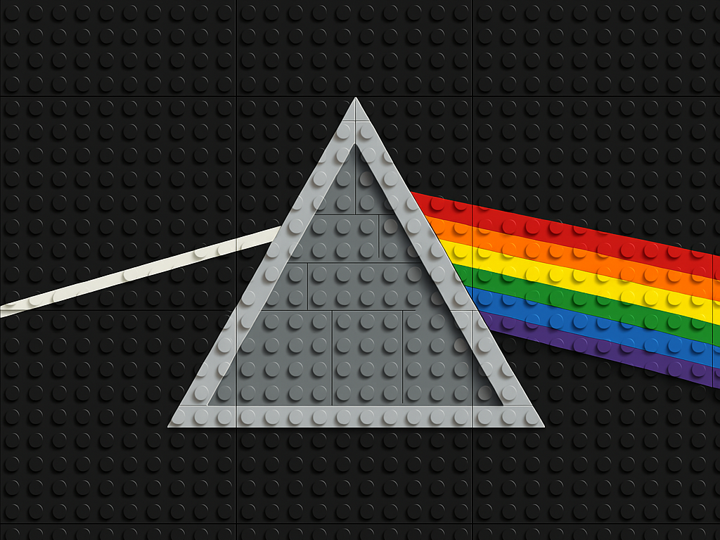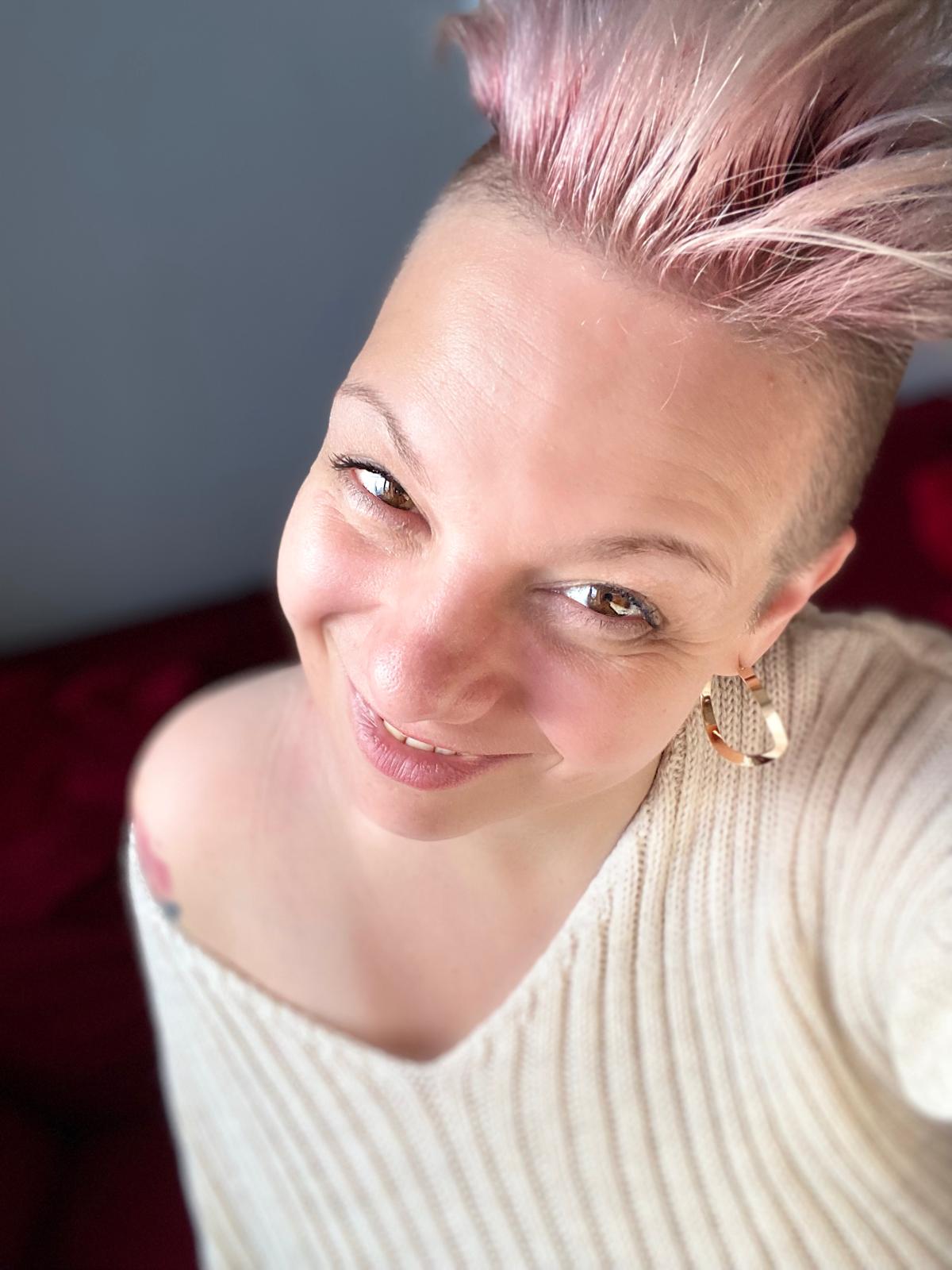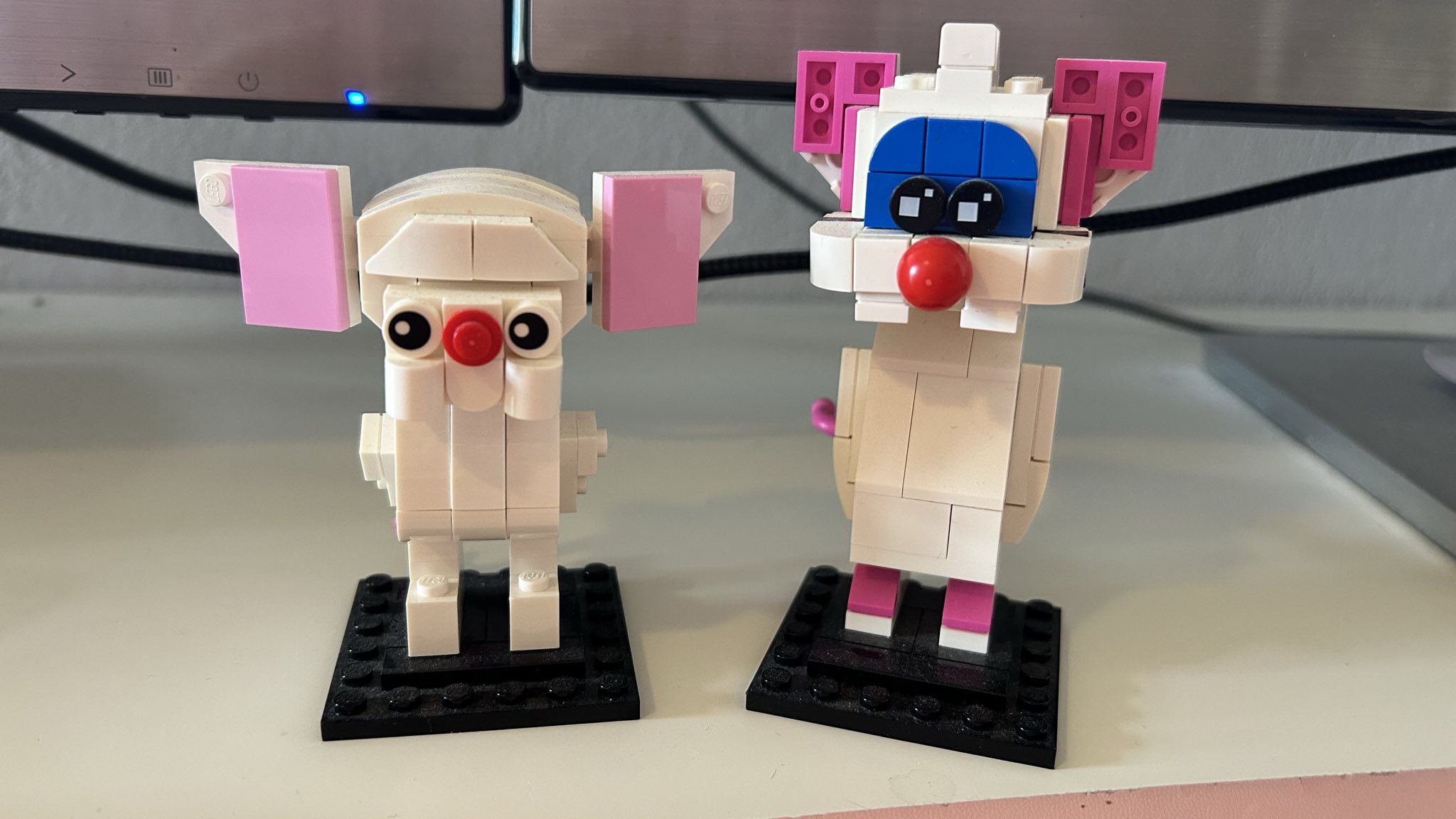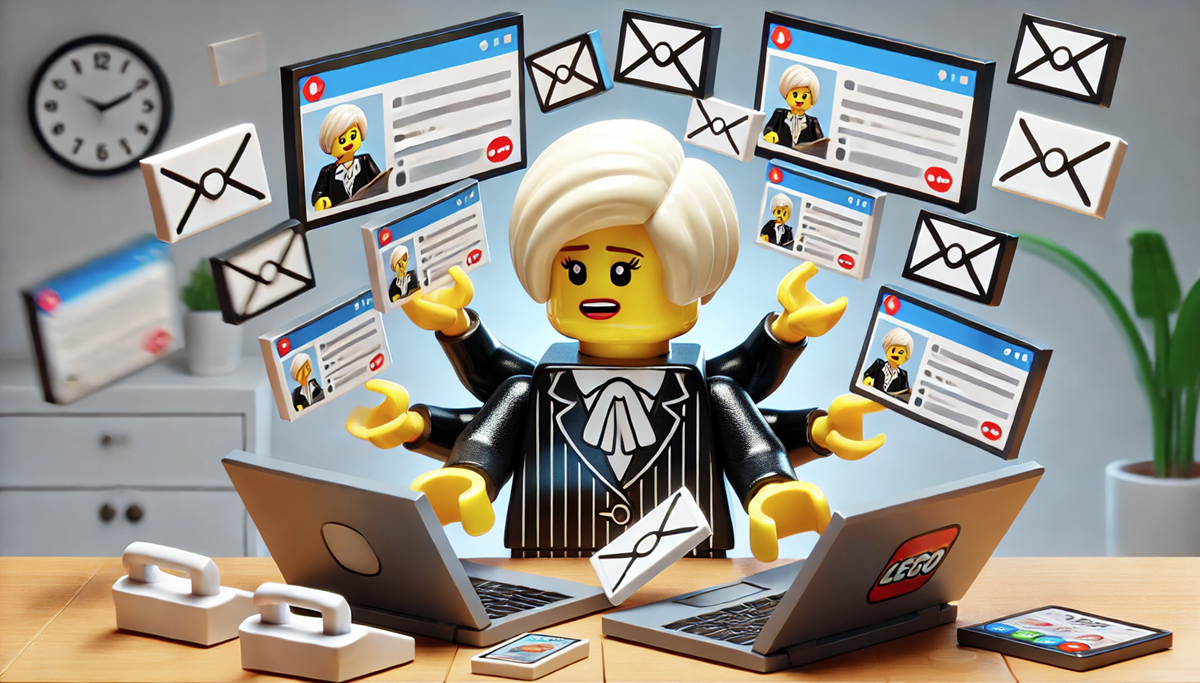Isolation as a business model
Something strange is happening in how we live our lives. Helping a friend get to the airport, picking up groceries for an elderly neighbor, sharing a power drill with someone down the hall; these used to be everyday things. Now they feel rare. Not because people have changed, but because the system around us has.
When a friend drives you, Uber makes no money. When you help your neighbor, delivery apps lose a transaction. If four people share one drill, that’s three fewer sales. Every time we act together, someone loses a profit opportunity. And today’s economy is designed to make sure that doesn’t happen too often.
What we’re seeing isn’t just a shift in habits. It’s the result of decades of intentional design. A system that works best when we’re not working together.
The myth of the special individual
We’re constantly told that we are unique. And I know, I get it, we ARE!. But we are not the super special snowflakes entire industries like to tell us. That our preferences, needs, and routines deserve to be fully personalized. Every product and service is made just for you. Your news feed. Your fitness plan. Your therapy app. Your meal delivery.
It sounds empowering, but there’s something else going on. When everything is tailored to you, nothing is shared. No common experience. No shared reference points. No reason to talk to your neighbor about what you both saw, felt, or learned, because you each saw something different.
This isn’t a coincidence. It’s part of a larger strategy. If you think your problems are personal, you’re less likely to see the system behind them. If everything is about your individual needs, you stop looking for collective answers. And if you’re always focused on improving yourself, it’s hard to see how deeply connected your struggles are to everyone else’s.
Companies aren’t just selling you things. They’re collecting your behavior, predicting your actions, and shaping your decisions. Not to help you, but to turn your life into a set of profitable patterns.
Enter AI
Now AI is taking this even further. AI doesn’t just automate tasks. It automates connection. It gives you advice, teaches you new skills, and sometimes even talks to you like a friend. It never gets tired. It never asks for anything. It makes everything feel easier.
But in doing so, it slowly makes other people feel unnecessary. Why ask for help when an algorithm can give you what you want? Why deal with the mess of human conversation when you can talk to something that already understands you?
It sounds harmless. But when you step back, you realize what’s happening. AI isn’t just replacing jobs. It’s replacing relationships. It’s replacing the reasons we need each other. The more we turn to AI for emotional and social support, the more we forget how to do that with other people.
At the same time, these systems are far from neutral. AI systems tend to reinforce the same old inequalities. They rely on data from biased systems, and they’re built on the backs of underpaid and invisible workers who label, clean, and process the data. It’s exploitation hidden behind shiny interfaces.
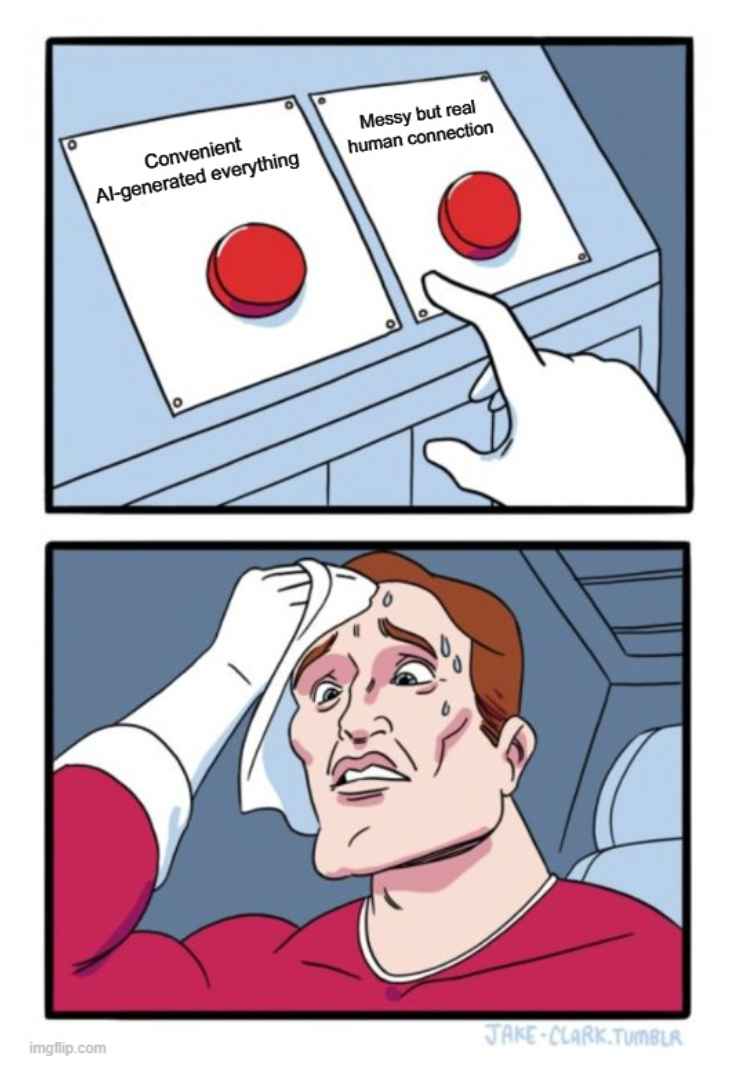
Convenience as control
What’s striking is that none of this feels forced. No one is making you give up on community. You’re just tired. Busy. Looking for something that works. And the apps are there, ready to help. Personalized. Frictionless. Always on.
This is control through convenience. You’re not being locked up. You’re being nudged. Just slightly. Away from others. Toward the app. Toward the subscription. Toward the idea that being self-sufficient is the goal.
“I have become comfortably numb.” — Pink Floyd
We don’t resist it because it doesn’t hurt. It feels easy. Safe. Efficient. But that numbness, that dull sense of something missing, isn’t a bug. It’s the point.
It’s a quiet coup. Not a political one, but a psychological one. Where the tools that promise freedom slowly take away the things that made us human: interdependence, trust, shared experience.
What we’re losing
And with that, something deeper disappears. When we no longer share the same experiences, we lose collective memory. And without memory, it’s harder to notice patterns. To see injustice. To organize against it. To say, “This has happened before, and here’s how we responded.”
One of my favorite authors, Haruki Murakami, once said, “History is collective memories.” And if we let those go, we lose not just our stories, but our ability to resist.
What we can reclaim
The solution isn’t to reject technology. It’s to rebuild what it has quietly dismantled. Community. Mutual aid. Shared tools. Public spaces. Trust.
We have to make the choice to be less efficient sometimes. To ask each other for help. To slow down. To remember that not everything that scales is good. And not everything that’s frictionless is freedom. Because the more we act together, the harder we are to control. And that’s what makes solidarity so powerful. And so dangerous to a system that profits from our separation.
You May Also Like
A Manifesto for Ethical Software
Ethical software empowers people through inclusion, accountability, and accessibility.
Why the infamous 'Lets make a list of use cases' is THE way to kill AI innovation
How to stop the paralysis by analysis
What are we doing? I mean apart from back-to-back meetings and emails...
How to think differently about productivity

